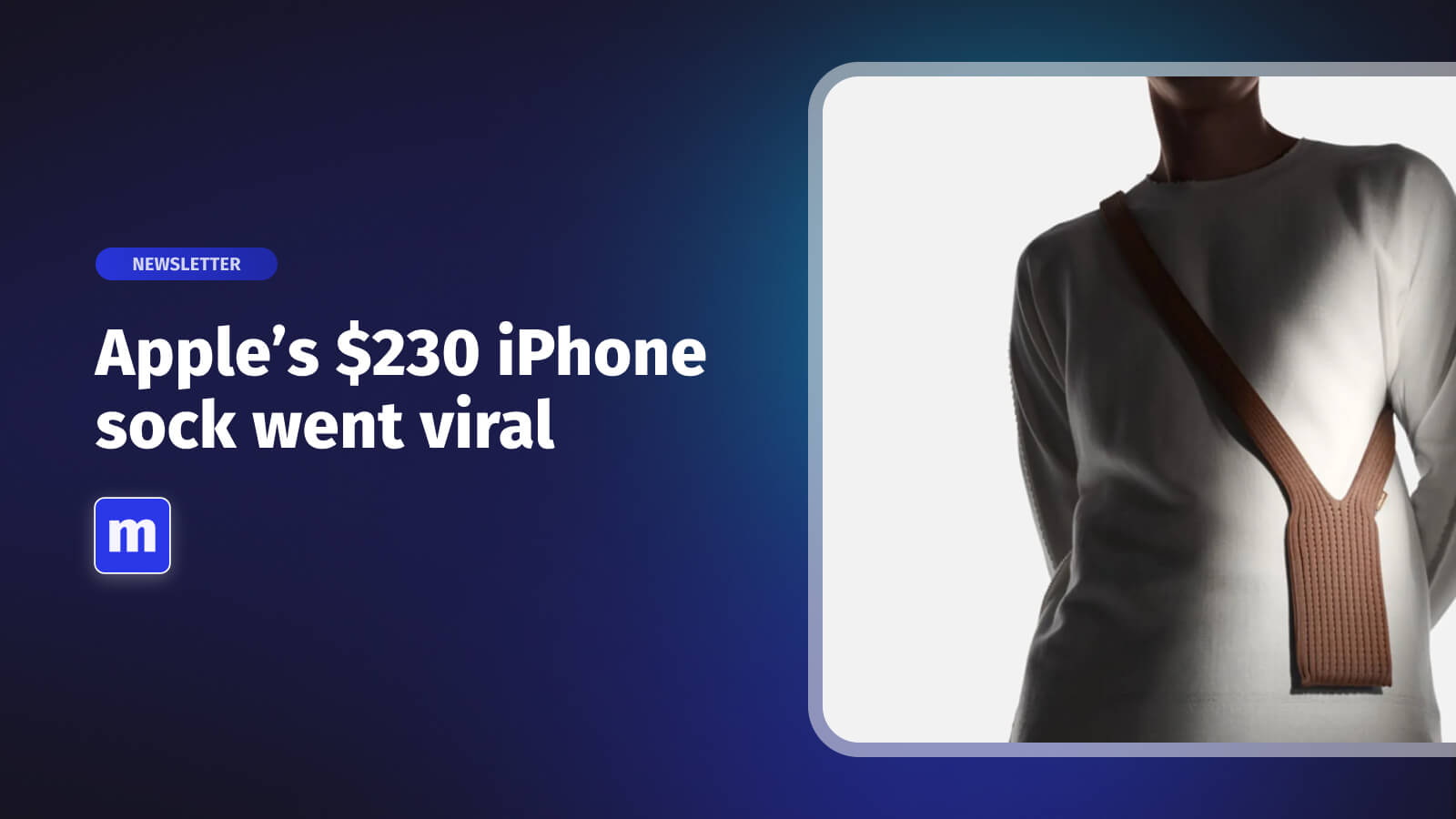
Table of Content:
Nike recently unveiled a $2B cost-savings plan to drive growth, profitability. The plan is designed to generate up to $2 billion in cumulative savings over the next three years, with a significant portion of these savings being reinvested to foster growth, innovation, and profitability. Key strategies include simplifying the product portfolio, increasing automation, streamlining the organization, and leveraging scale to enhance efficiencies. Nike anticipates pre-tax restructuring charges of $400 million to $450 million, primarily in the third quarter of fiscal 2024.
In the context of their second-quarter earnings, Nike reported a slight revenue increase to $13.4 billion, with net income rising by 18.6% to $1.6 billion. However, the company has lowered its revenue forecast for the upcoming quarters.
The restructuring is a response to challenges, including a 3.5% decline in North America revenue. Nike's CFO, Matt Friend, noted that while their direct-to-consumer initiatives have driven significant growth and added new members, they have also introduced complexity and inefficiency. The restructuring will involve layoffs, with severance costs forming a major part of the restructuring charges, though specific details on the number of affected employees were not provided.
Nike is also focusing on supply chain efficiencies, reducing management layers, and enhancing procurement capabilities. The company has seen a 6% increase in Nike Direct revenues, while wholesale revenues fell by 2%. Nike has re-engaged with several wholesale partners, including Macy’s and DSW, as part of its strategy.
CEO John Donahoe emphasized the importance of innovation, distinctive storytelling, and unique marketplace experiences in driving Nike's future growth. The company has undergone significant leadership changes in 2023, including appointing new officers for various key roles. Looking ahead, Nike is investing in expanding its women's business, introducing products like leggings and bras across different price points.
Why This Matters
Nike's recent strategic shift and cost-saving measures hold significant implications for Direct-to-Consumer (DTC) brands, offering valuable insights and lessons in navigating the complex retail landscape.
1. Balancing Growth with Efficiency: Nike's plan to streamline operations and simplify its product portfolio underscores the importance of balancing rapid growth with operational efficiency. DTC brands often experience rapid expansion, but this can lead to complexities and inefficiencies. Nike’s approach highlights the need for DTC brands to regularly evaluate and optimize their operations, ensuring sustainable growth.
2. Investment in Automation and Technology: Nike’s increased focus on automation is a clear indicator of the evolving retail environment. For DTC brands, investing in technology is not just about scaling production, but also about enhancing customer experience, personalization, and supply chain management. Embracing technology can lead to significant cost savings and improved customer satisfaction.
3. The Importance of a Streamlined Product Line: Simplifying the product portfolio, as Nike plans to do, can help DTC brands in maintaining focus, reducing inventory costs, and enhancing brand identity. A more curated product line can lead to better resource allocation and a stronger connection with the target audience.
4. Adapting to Market Changes: Nike’s strategy reflects the need for agility in response to market dynamics. DTC brands must be adept at adapting their strategies, whether it's revisiting wholesale relationships, like Nike re-engaging with Macy’s and DSW, or exploring new market segments.
5. Focus on Profitability Over Just Growth: Nike’s shift towards profitability, rather than just revenue growth, is a crucial lesson for DTC brands. In the pursuit of expansion, profitability can often take a backseat, but long-term sustainability requires a balance between the two.
6. Leadership and Organizational Structure: Nike’s leadership changes and focus on reducing management layers highlight the importance of having a dynamic and efficient organizational structure. For DTC brands, this could mean fostering a culture of innovation, streamlining decision-making processes, and ensuring that the leadership is aligned with the brand’s core values and goals.
7. Investing in Niche Segments: Nike’s focus on expanding its women's business demonstrates the value of investing in niche segments. DTC brands can benefit from identifying and capitalizing on specific market segments that align with their brand and have growth potential.
Nike's strategic moves provide a roadmap for DTC brands in terms of operational efficiency, technological investment, product focus, market adaptability, profitability, organizational structure, and segment investment. These strategies are crucial for DTC brands aiming to thrive in a competitive and ever-changing retail environment.
Key Takeaways for DTC Brands
For DTC brands, several key takeaways emerge from Nike's strategy. Firstly, the importance of digital transformation is paramount, emphasizing the need for data-driven insights and e-commerce innovation.
Flexibility in business models, as demonstrated by Nike's adaptive strategies, is crucial for responding effectively to market shifts and consumer preferences. Strategic cost management, focusing not just on expense reduction but also on investments that enhance long-term growth, is vital.
Additionally, building a compelling brand narrative and prioritizing customer-centric innovation are essential for creating strong connections with consumers and staying competitive. Lastly, integrating sustainable and ethical practices into business operations is incr
Related content
Turn your social content into a revenue channel
Turn your TikToks and Reels into shoppable videos and boost conversions by 3.5x.














